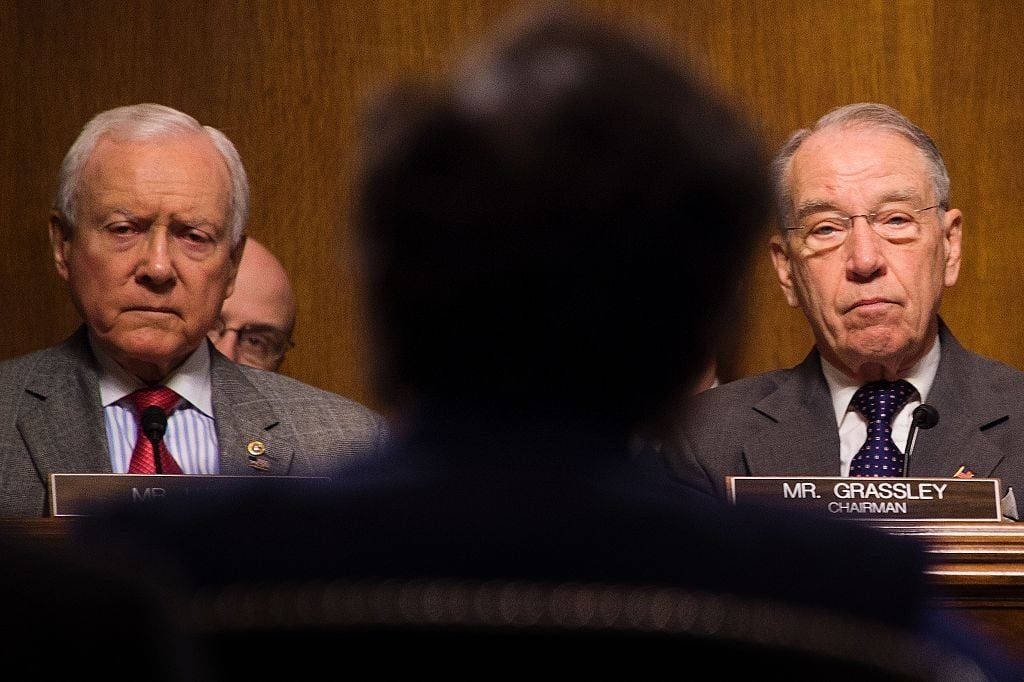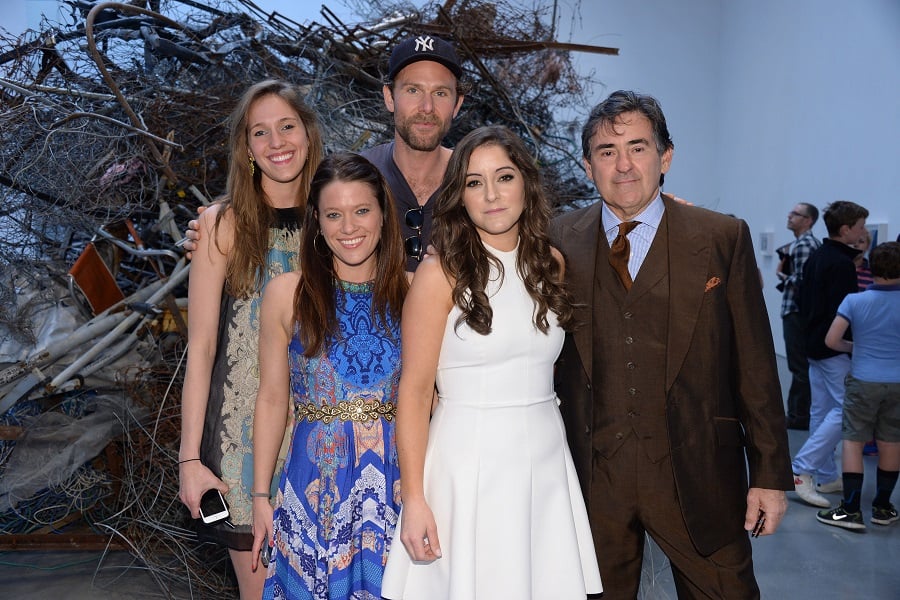Art World
Senate Inquiry into Private Museums Finds Tax Code ‘Ripe for Exploitation’
The Senate Finance Committee surveyed 11 institutions.

The Senate Finance Committee surveyed 11 institutions.

Brian Boucher

Republican Senator Orrin Hatch, of Utah, is not convinced that private museums deserve the tax benefits they’re getting, according to a letter obtained by Julia Halperin of the Art Newspaper.
The Senate Finance Committee, of which Hatch is chairman, surveyed 11 private museums, from Peter Brant’s foundation in Greenwich, Connecticut, and the Goss-Michael Foundation, in Dallas, to the Broad, in Los Angeles, inquiring about their hours, attendance figures, and other key statistics. The Goss-Michael Foundation was created by pop star George Michael and Kenny Goss; the Broad is the creation of megacollector Eli Broad.

Zoe Larson, Emily McElwreath, Dan Colen, Allison Brant, Peter Brant
Photo: Clint Spaulding/PatrickMcMullan.com
The inquiry followed an investigative article by the New York Times into whether the institutions provided public benefits or were essentially tax dodges, allowing wealthy collectors to nominally donate their art to a nonprofit organization while actually retaining control over it.
Hatch has now advised the Internal Revenue Service about his findings, and he’s apparently pretty skeptical. “Despite the good work that is being done by many private museums, I remain concerned that this area of our tax code is ripe for exploitation,” says the letter obtained by TAN.

Eli Broad.
Photo: Courtesy of Getty Images.
Among the committee’s findings are that four of the 11 museums surveyed have fewer than 6,000 visitors a year. One of them, the Linda Pace Foundation, in San Antonio, Texas, is open to the public just 20 hours per week.
“These non-profits must provide a significant public benefit to merit tax-exempt status,” says the letter. “And while most museums work every day to meet this standard, it is clear there are a number that should do more.”